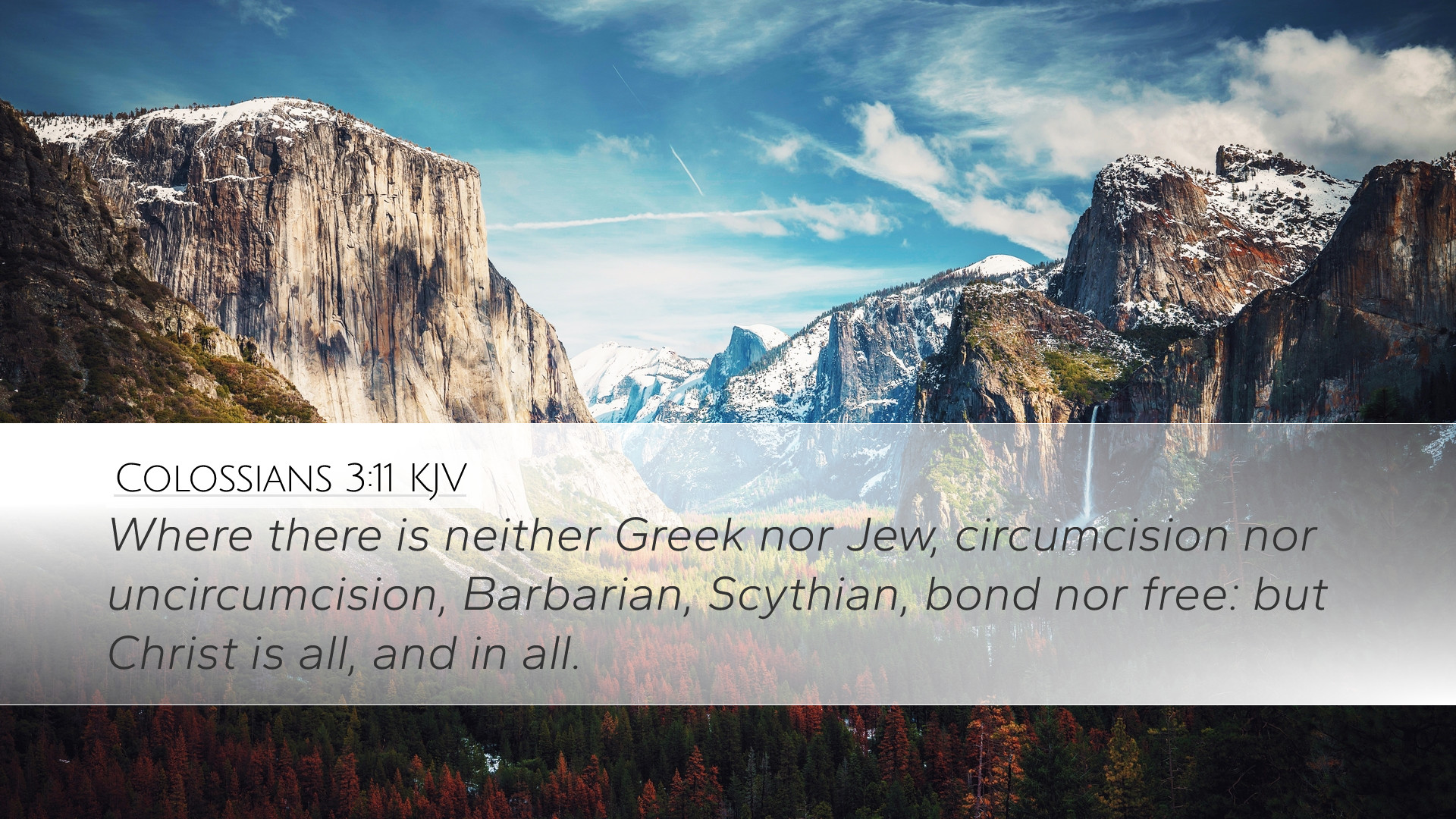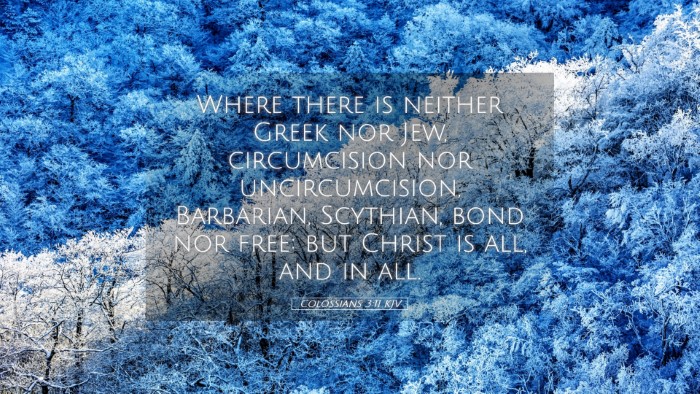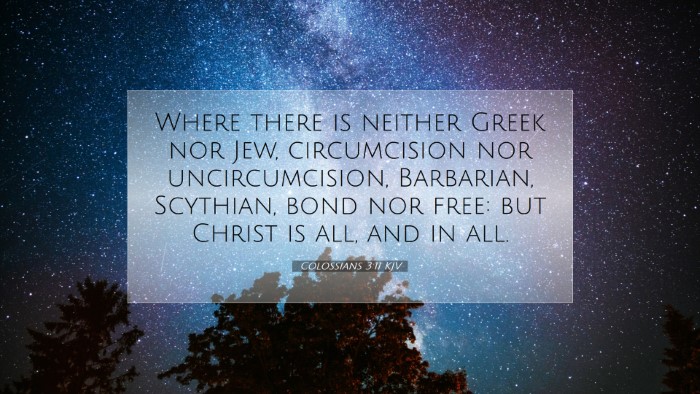Old Testament
Genesis Exodus Leviticus Numbers Deuteronomy Joshua Judges Ruth 1 Samuel 2 Samuel 1 Kings 2 Kings 1 Chronicles 2 Chronicles Ezra Nehemiah Esther Job Psalms Proverbs Ecclesiastes Song of Solomon Isaiah Jeremiah Lamentations Ezekiel Daniel Hosea Joel Amos Obadiah Jonah Micah Nahum Habakkuk Zephaniah Haggai Zechariah MalachiVerse
Colossians 3:1 Colossians 3:2 Colossians 3:3 Colossians 3:4 Colossians 3:5 Colossians 3:6 Colossians 3:7 Colossians 3:8 Colossians 3:9 Colossians 3:10 Colossians 3:11 Colossians 3:12 Colossians 3:13 Colossians 3:14 Colossians 3:15 Colossians 3:16 Colossians 3:17 Colossians 3:18 Colossians 3:19 Colossians 3:20 Colossians 3:21 Colossians 3:22 Colossians 3:23 Colossians 3:24 Colossians 3:25

